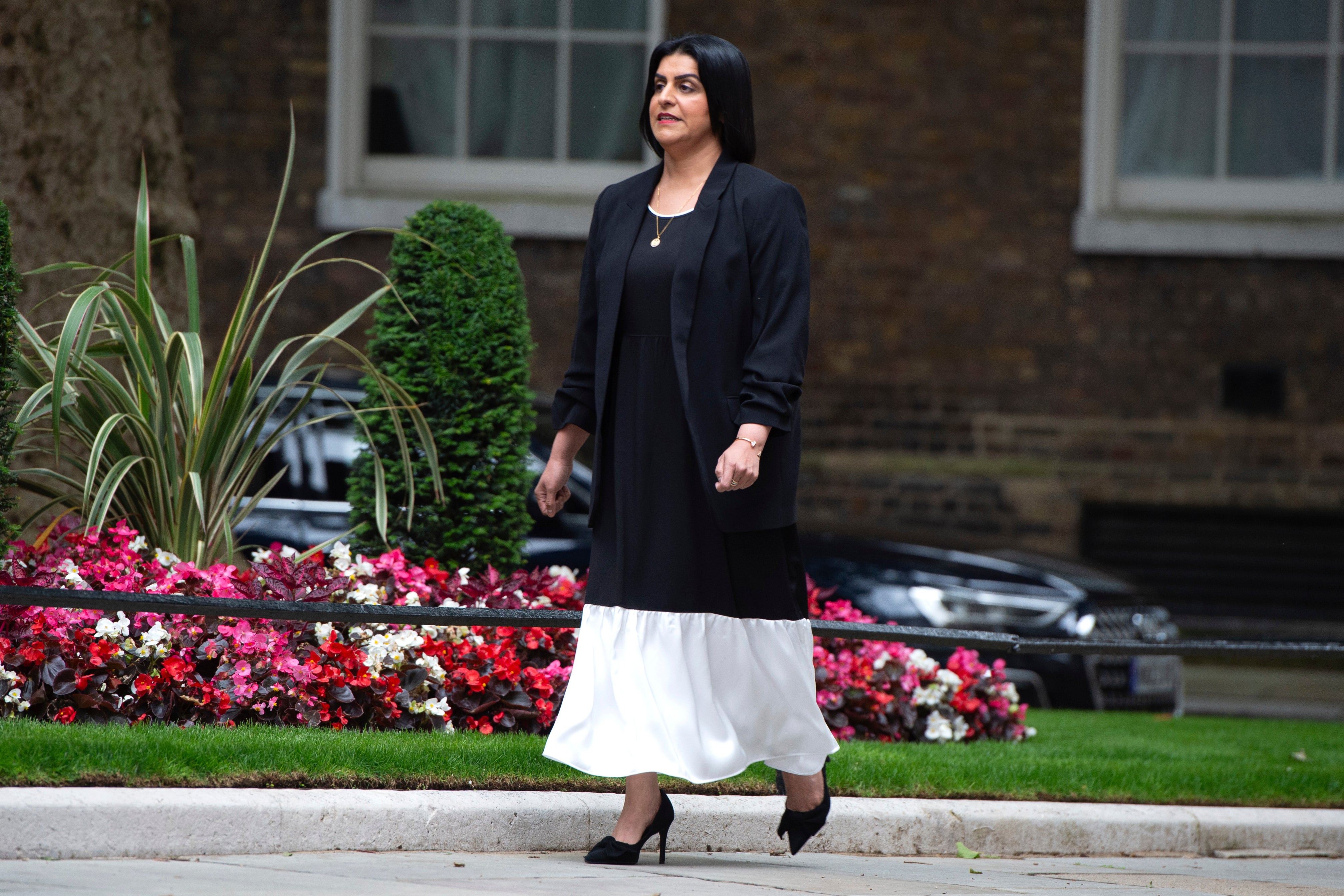UK's new justice secretary set to outline emergency measures to relieve prison overcrowding
Britain’s new justice secretary is set to outline emergency plans to relieve prison overcrowding, including the early release of thousands of prisoners

Your support helps us to tell the story
From reproductive rights to climate change to Big Tech, The Independent is on the ground when the story is developing. Whether it's investigating the financials of Elon Musk's pro-Trump PAC or producing our latest documentary, 'The A Word', which shines a light on the American women fighting for reproductive rights, we know how important it is to parse out the facts from the messaging.
At such a critical moment in US history, we need reporters on the ground. Your donation allows us to keep sending journalists to speak to both sides of the story.
The Independent is trusted by Americans across the entire political spectrum. And unlike many other quality news outlets, we choose not to lock Americans out of our reporting and analysis with paywalls. We believe quality journalism should be available to everyone, paid for by those who can afford it.
Your support makes all the difference.Britain’s new justice secretary is set to outline emergency plans Friday to relieve prison overcrowding, including the early release of thousands of prisoners.
Shabana Mahmood, who took over after Labour’s election victory earlier his month, is expected to argue that the level of overcrowding requires immediate action to pull the justice system from brink of breakdown. The short-term fix could include reducing the amount of time a prisoner must serve before being automatically released.
Prison officials want to keep about 1,425 cell spaces free in men’s prisons at all times to make sure there is enough space to hold sudden influxes of inmates. But Britain’s Press Association, citing sources, said that only 700 are now free.
The expected plans to release prisoners early is “the least worst option,’’ said the head of London’s police force, Mark Rowley.
“Prisons are very, very close to full and filling up day in day out,’’ he told ITV. “The worst possible thing would be for the system to block, because the system blocks in prisons if they get completely full. That kicks back into the courts and into what we do. And that’s really dangerous for the public.’’